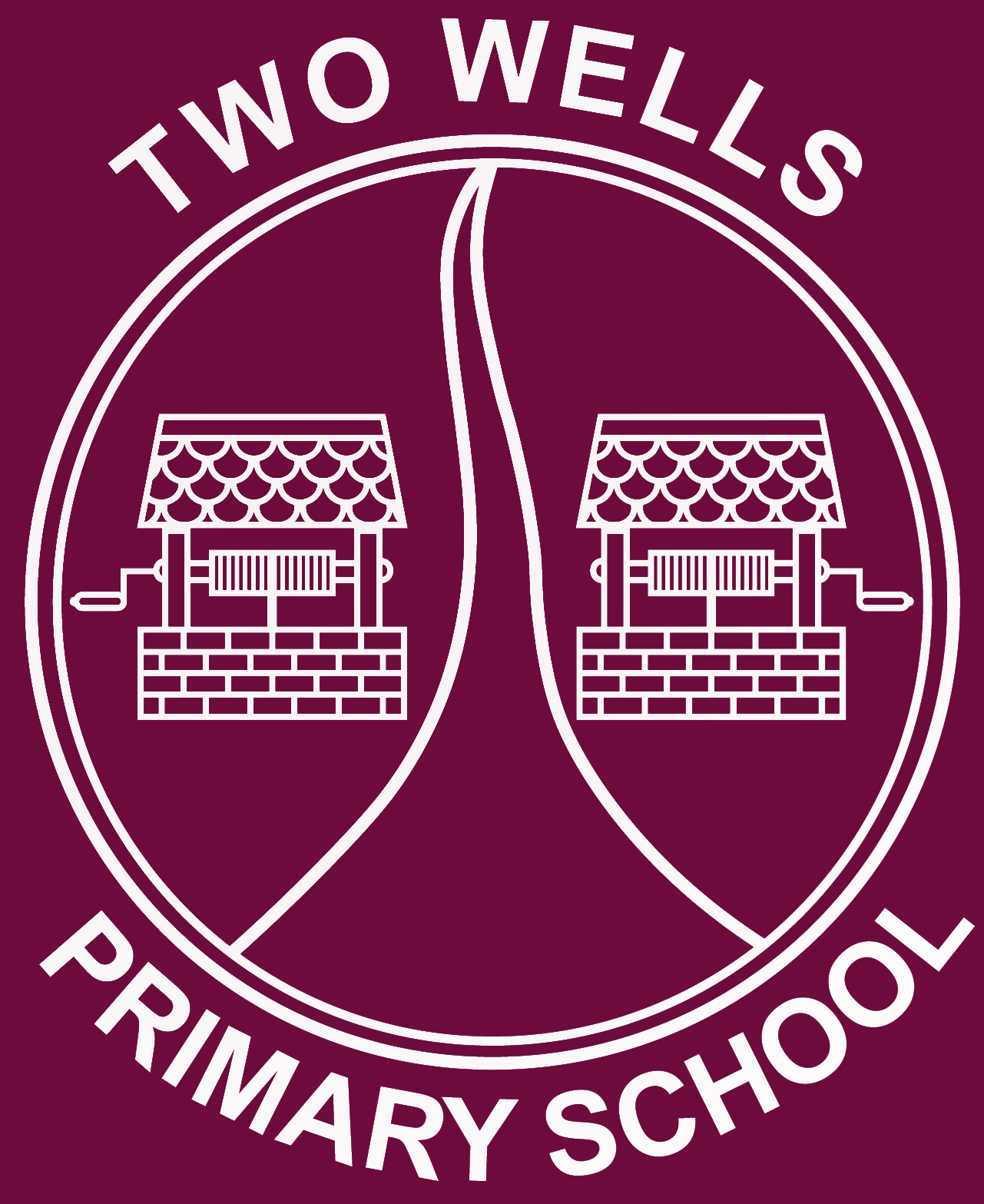Specialist programs
Find out about the specialist programs our school offers.
Arts
We offer a strong program in the Arts, including music, dance, drama and media. The program helps develop students’ creativity, confidence, cultural knowledge and critical thinking.
Our program includes:
- lunch time art club working on student’s own projects
- instrumental music lessons in partnership with the Learning Through Music Program
- regular assembly performances and an end-of-year performance.
Sports
Students can develop team play and team building skills through our specialist health and physical education program. The program is run by a specialist teacher. Our program includes:
- SAPSASA events
- team sports clinics (cricket, Aussie Rules, football, netball, volleyball, tennis and basketball)
- sports day
- swimming and aquatics lessons.
Kitchen and garden program
A school garden and kitchen programs offer significant educational and developmental benefits for students. By engaging in hands-on activities, students learn about sustainable agriculture, nutrition, and the importance of healthy eating habits. These programs foster a sense of responsibility and teamwork as students work together to plant, maintain, and harvest the garden.
Additionally, the kitchen component allows students to experience the joy of cooking with fresh ingredients, enhancing their understanding of food origins and preparation. This holistic approach not only enriches the curriculum but also promotes environmental stewardship and lifelong healthy lifestyle choices. The kitchen and garden program provides intervention that supports all students both neurotypical and neurodivergent in upskilling their social and emotional skills.
Through cooking and gardening students participate in:
- forming positive relationships
- conflict resolution
- restorative practices
- zones of regulation
- Trauma informed practices
Social and emotional programs
Project-Based Learning and interoception programs are innovative educational approaches that enhance student engagement and self-awareness. PBL encourages students to explore real-world problems through collaborative projects, fostering critical thinking, creativity, and problem-solving skills. This method empowers students to take ownership of their learning, making education more relevant and meaningful.
Interoception programs, on the other hand, focus on helping students develop an awareness of their internal bodily signals, such as hunger, thirst, and emotions. By understanding these signals, students can better manage their emotions and behaviours, leading to improved self-regulation and mental well-being.
Together, these programs create a comprehensive learning environment that supports both cognitive and emotional development.
Auslan (Australian Sign Language)
Introducing Auslan (Australian Sign Language) as a Language Other Than English (LOTE) subject offers numerous benefits to students. Learning Auslan enhances communication skills and promotes inclusivity by enabling students to interact with the Deaf community. It fosters an appreciation for linguistic diversity and cultural understanding, broadening students’ perspectives.
Additionally, studying Auslan can improve cognitive abilities, such as memory and problem-solving, as students engage with a visual-spatial language. This subject also encourages empathy and social awareness, equipping students with valuable skills for personal and professional interactions in a diverse society.
We also offer lunchtime activities in the hall, which vary each week from basketball to dancing.
